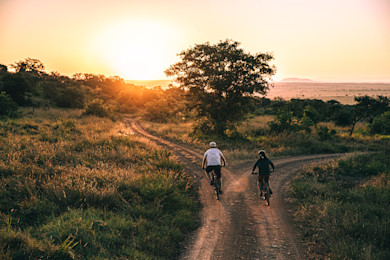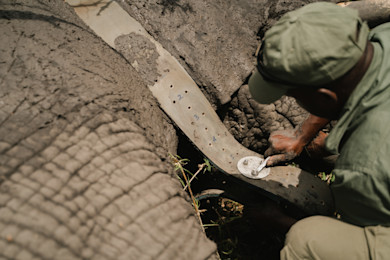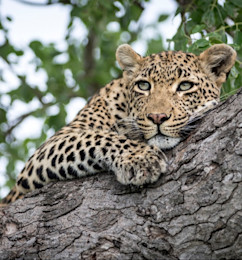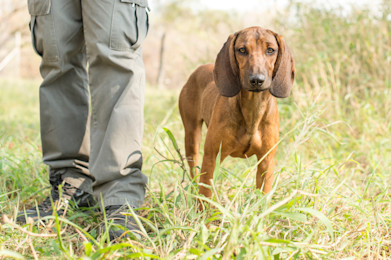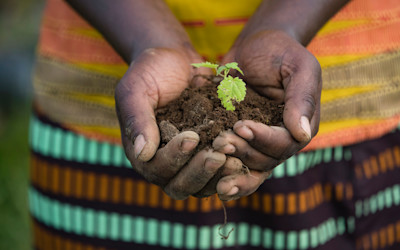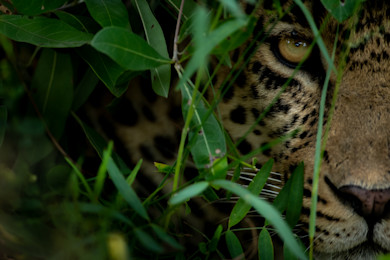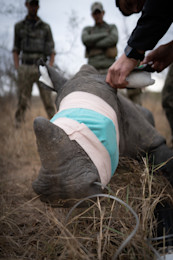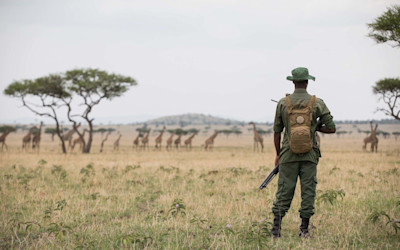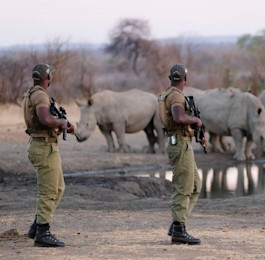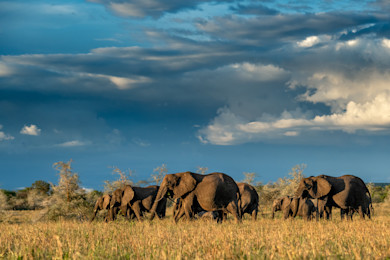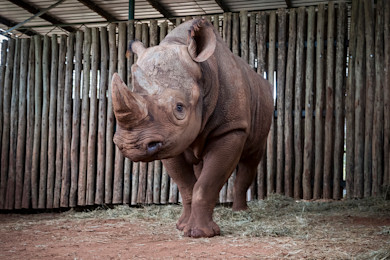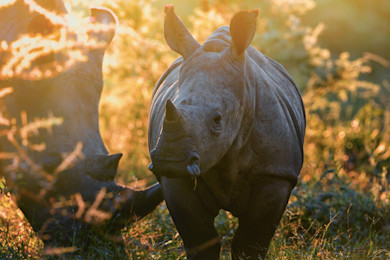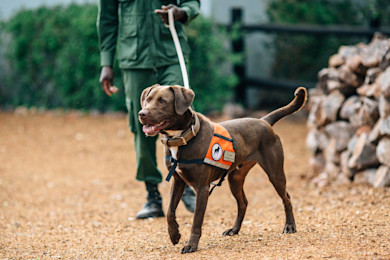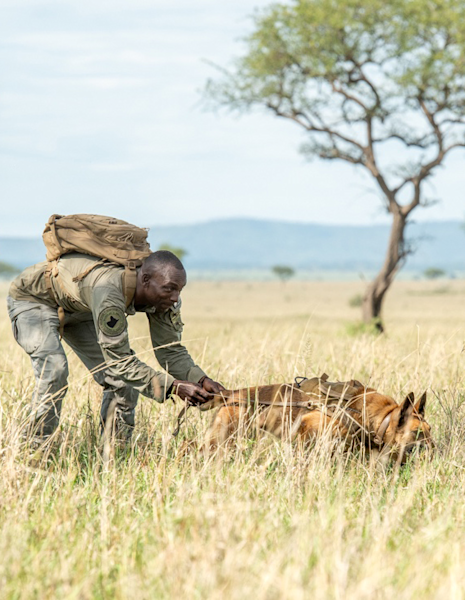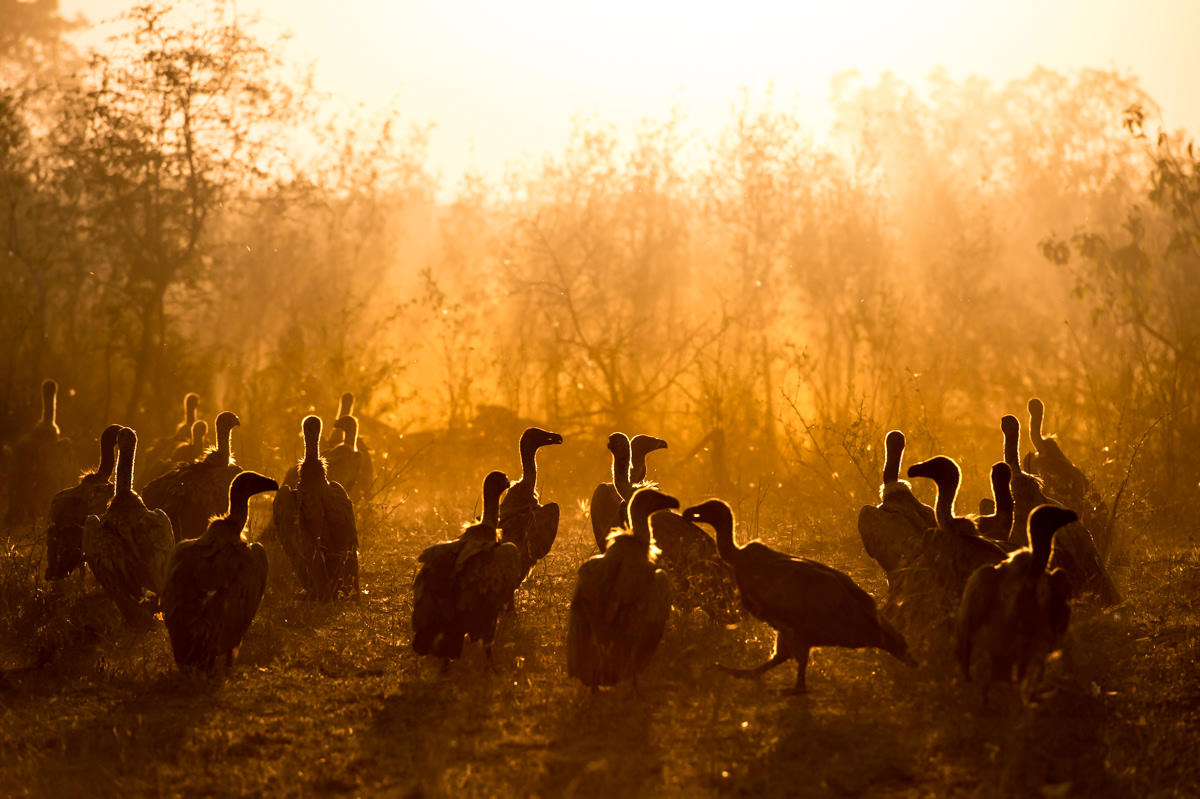
Saving Species of Conservation Concern
Saving Species of Conservation Concern
Apart from rhino being poached for their horn, the escalating rate of wildlife poaching, snaring, and poisoning across the Greater Kruger National Park region is an increasing cause for concern.
As a result, the area has seen a dramatic decline in populations of vultures as well as large birds of prey – while incidents affecting large carnivores, including lions, leopards, wild dogs and hyenas, have been sharply on the rise.
In the last 10 years, Southern African vulture populations have suffered rapid population declines of up to 80%.
With 7 of the 11 vulture species found in Africa classified as Critically Endangered or Endangered, their populations are suffering a rapid decline.
As scavengers, vultures are vital for cleaning ecosystems. However, they are also extremely vulnerable to poisoning when they feed on carcasses laced with lethal pesticides – set by those who snare predators like lions and leopards for their bones, body parts and pelts.
The SLT supports the EWT Large Raptor, Wildlife Poisoning Rapid Response and Carnivore Conservation Programmes through funding and Singita Field Guides assist with rapid response to poisoning events and population monitoring.
Furthermore, as part of its aim to offer secure habitat strongholds on its concessions and reserves, SLT also supports the Vulture Safe Zone Alliance. This includes Singita Sabi Sand, Singita Kruger National Park concession, linking to the Karingani Game Reserve in neighbouring Mozambique. Vulture Safe Zones (VSZs) create safe spaces for vultures to breed, forage and thrive; and reduce threats such as persecution, poisoning, powerline collisions, and habitat loss.
Key Successes
chevron-right
How can I support this project
chevron-right
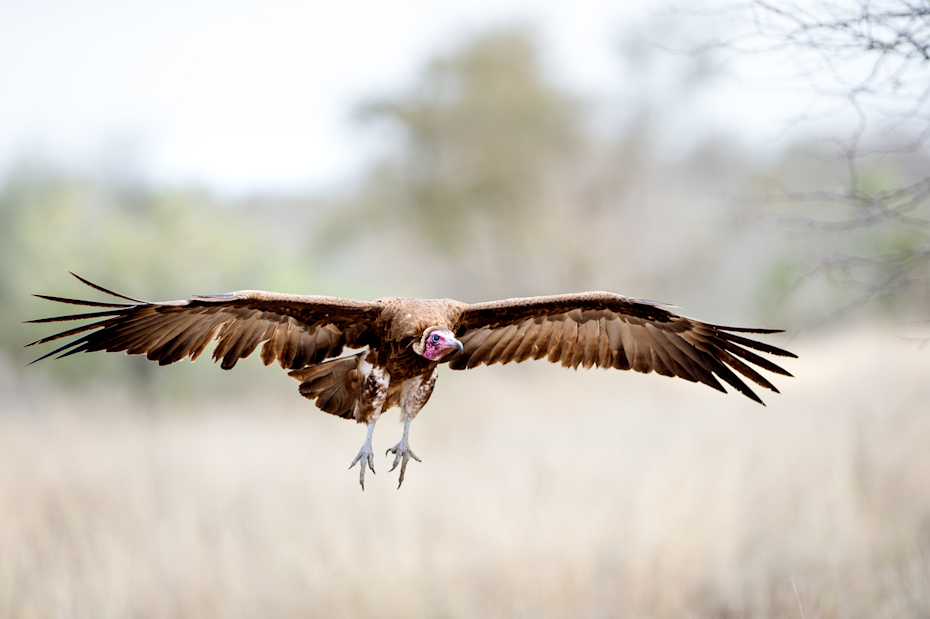
Conservation Partner
Singita Lowveld Trust
Our biodiversity projects focus on maintaining healthy, well-functioning ecosystems and habitats in the reserves in which Singita operates. These ecosystems are vital for the protection of a diverse range of wildlife, including species of conservation concern, such as rhinos, leopards, lions, wild dogs and vultures.
As we strive for the restoration and regeneration of our rich wilderness landscape, we can’t do this without the support and in collaboration of our communities. Together we're committed to ensuring that people living alongside wilderness areas not only benefit from tourism and conservation jobs but also experience lasting socio-economic growth.
Download the SLT brochure to find out more about their programmes.
As we strive for the restoration and regeneration of our rich wilderness landscape, we can’t do this without the support and in collaboration of our communities. Together we're committed to ensuring that people living alongside wilderness areas not only benefit from tourism and conservation jobs but also experience lasting socio-economic growth.
Download the SLT brochure to find out more about their programmes.

Other Biodiversity Projects
AllTanzaniaSouth AfricaRwandaZimbabwe
AllTanzaniaSouth AfricaRwandaZimbabwe
